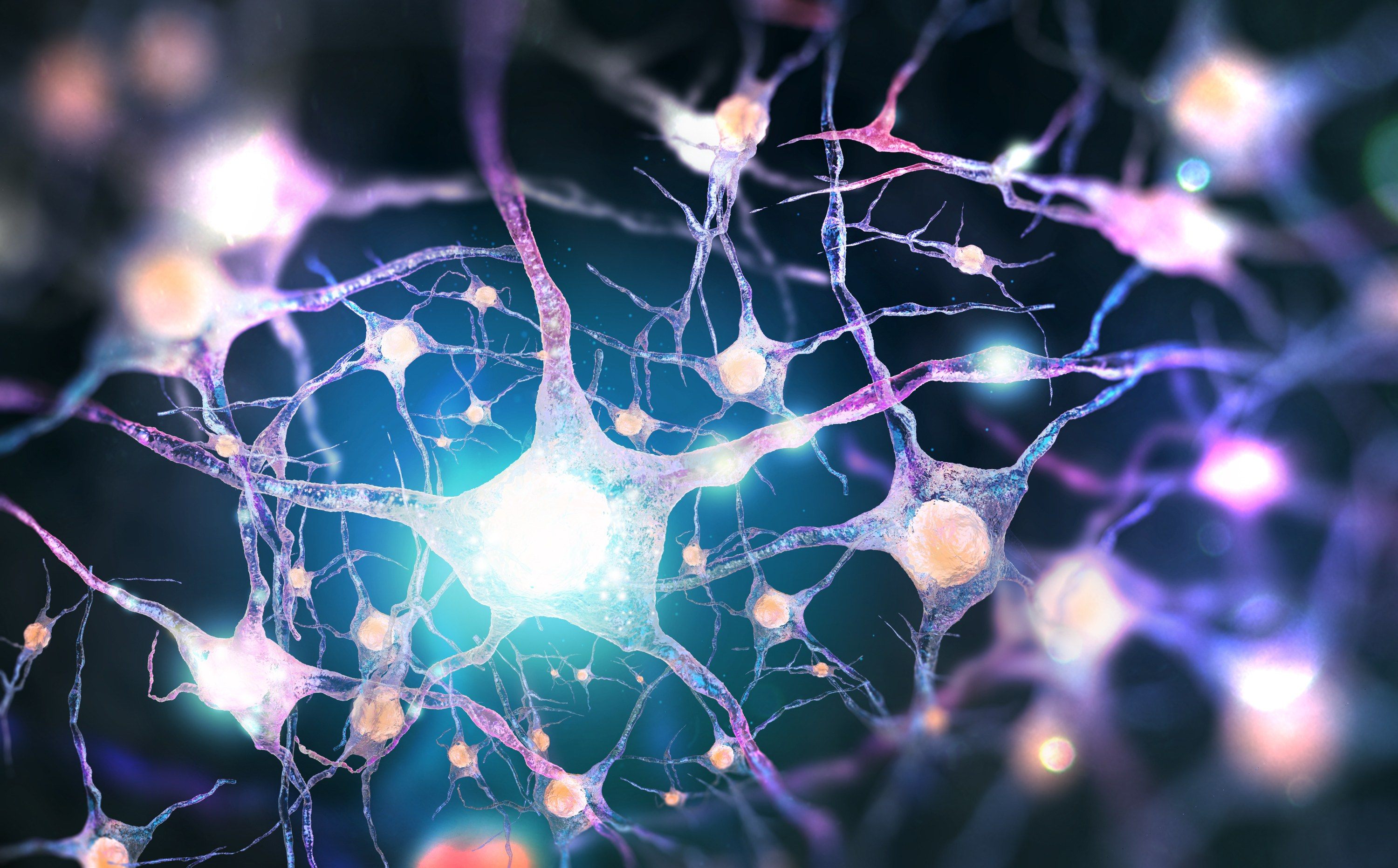The Hunger Game: Eat Less To Live Longer?
This is one in a series of stories; visit The Daily Meal Special Report: The Quest for Longevity (and What Food Has to Do With It) for more.
The quest for eternal youth is nothing new. For as long as humans have endured the ravages of time, they have sought ways to elude them. Ancient Greeks believed that ambrosia and nectar kept the gods immortal, and would impart longevity upon those who consumed them. The legendary eighteenth-century Comte de St-Germain was reputed to have consumed an "Elixir of Life" (a tea made from tartrate crystals, a legume called senna, and elderflower, among other things) to allow him to remain ageless.
Even in modern times, the mechanisms of aging remain mysterious. The endless possible routes to longevity remain the focus of numerous scientific studies. Recently, the conversation has expanded: "It's not only about extending chronological life, but also extending the healthy years," says Basil Hubbard, a molecular biologist at Harvard Medical School.
Calorie restriction (or CR) has been studied as a means to do just that. But what exactly is calorie restriction, and how does it work?
It all begins with the ills of the modern diet. Not only have humans drastically increased their consumption of processed foods, preservatives, and sugar over the past century, we now live in a world with 24-hour access to food. We eat throughout the day, and long into the night. According to a study discussed in the Los Angeles Times, "Americans' erratic, round-the-clock eating patterns ... have probably contributed to an epidemic of obesity and Type 2 diabetes." Evolutionarily, this constant influx of food is a fairly recent occurrence. For thousands of years, humans were hunter-gatherers, often subsisting for long periods of time without much food. It is such intermittent fasting that scientists believe could be the key to increased longevity.
As Rozalyn Anderson, a University of Wisconsin biochemist researching calorie restriction, explained to Scientific American, many diseases related to aging (like cancer, diabetes, and heart disease) involve the metabolism. Numerous scientific studies have shown that restricting calories creates a change in metabolism, delaying the onset of some age-related diseases. Some people advocate permanent calorie reduction – not just periodic but daily low-calorie diets. They believe by permanently reducing calorie intake, they can extend their lives. This is an extreme interpretation to achieve the many benefits of fasting. In short, intermittent fasting can possibly increase longevity and extend your healthy years. But what does fasting do to your body?
Fasting gives the body time to properly digest and eliminate waste, allowing necessary biological repair processes to happen when the body is in rest mode.
Fasting also transforms how your body processes food for fuel. During a fast, your body empties its glycogen stores and begins burning stored fat. Fat, unlike glycogen, is a slow-burning fuel. There are no sugar highs and lows, and your body achieves a balanced energy supply.
The physiological benefits of fasting include inflammation reduction and lowering of triglyceride levels. It greatly reduces oxidative stress, which can help preserve learning and memory functioning. Fasting "decreases the accumulation of oxidative radicals in the cell, and thereby prevents oxidative damage to cellular proteins, lipids, and nucleic acids associated with aging and disease," according to Dr. Joseph Mercola.
Several theories exist regarding why fasting provides these benefits. Mark Mattson, senior investigator with the National Institute on Aging, part of the U.S. National Institutes of Health, says, "The one that we've studied a lot, and designed experiments to test, is the hypothesis that during the fasting period, cells are under a mild stress. And they respond to the stress adaptively by enhancing their ability to cope with stress and, maybe, to resist disease."
One of Mattson's studies centered on how neurons can benefit from fasting, and possibly be protected. After not eating for 10 to 16 hours, the body dips into its fat stores for energy. Ketones (created by the liver from fatty acids in either your body fat or diet) are subsequently released into the bloodstream and used by neurons as fuel. This has been shown to slow disease progression in the brain and protect learning functionality and memory, Mattson says. According to the Johns Hopkins Health Review, "Ketones promote positive changes in the structure of synapses important for learning, memory, and overall brain health. But if you eat three meals a day with snacks between, your body doesn't have the chance to deplete the glycogen stores in your liver, and the ketones aren't produced."
According to Scientific American, "Fasting also ramps up autophagy, a kind of garbage-disposal system in cells that gets rid of damaged molecules, including ones that have been previously tied to Alzheimer's, Parkinson's and other neurological diseases."
Though there is an abundance of scientific research on calorie restriction, the bulk of it has been conducted on animals, not humans. Results have been promising, however. According to "Strategies for Successful Aging: A Research Update," an overview published in Current Psychiatry Reports in 2014, calorie restriction "has been associated with substantially enhanced longevity in rodents, and to a lesser extent in primates. Clinical trials in humans have also shown promise."
One of the most recent studies on calorie restriction, published in January 2017 in Nature Communications, found that caloric restriction slowed the effects of aging in rhesus monkeys. According to the researchers, rhesus monkeys and humans are very similar in how they age, and share many qualities: "The rhesus monkey genome shares ∼93% sequence identity with the human genome, and numerous aspects of their anatomy, physiology, neurology, endocrinology and immunology directly parallel those of humans." This study brought together the University of Wisconsin–Madison and the National Institute on Aging (NIA), two research teams that had previously conducted their own separate studies with differing results. The University of Wisconsin team had found beforehand that caloric restriction indeed benefitted the health of the monkeys, but the NIA team found it did not. Differences in the testing and control methods used (specifically the monkey's age and food intake) were found to be the reason behind the two teams' differing results.
In the new study, the teams joined forces, and concluded "the CR paradigm is effective in delaying the effects of ageing in nonhuman primates," and that "taken together these data confirm that health benefits of CR are conserved in monkeys and suggest that CR mechanisms are likely translatable to human health." The scientists, however, agreed that more research should be done to find out if results can be mimicked in human trials. "The main take-home is what you eat, and how much you eat, absolutely influences how you age," the University of Wisconsin's Rozalyn Anderson told Time.
Incorporating these findings into your own lifestyle can be a tricky business. Just as each scientific study focuses on different models of fasting (severe calorie restriction overall, intermittent fasting, alternate-day fasting), there are many theories on which plan achieves the most benefits in day-to-day life.
The "5:2 Method," which gained popularity after the release of Michael Mosely's documentary, Eat, Fast, and Live Longer, restricts caloric intake to 500 calories two days a week, and allows normal consumption the remaining five days (about 2500 for men and 2,000 for women). Another method is the time-restricted diet, which limits eating to an 8-hour window each day, giving your body a chance to exhaust its glycogen supplies.
There are cautions for fasting diets, however. An article published by the National Center for Biotechnology warns that it can unintentionally "encourage extreme behavior, such as bingeing." Food choices do matter, such as the importance of including healthy fats in your diet and restricting excessive sugar and carbohydrates. Researchers also warn that the time you are allowed to eat is not meant to be a free-for-all.
At this stage, clinical research studies display a positive correlation between calorie restriction and increased longevity. However, nothing is certain, except for our continued fascination with living longer. According to Time: "These sorts of studies will help researchers identify the cellular pathways that are involved in aging and that are activated by calorie restriction. The hope is that findings like these could ultimately lead to the development of a drug that could activate those same pathways."
"I hope it's not a fad," Mattson, the National Institutes on Aging researcher, told Johns Hopkins Health Review. "There's a lot of science behind it, and the science is only increasing."



